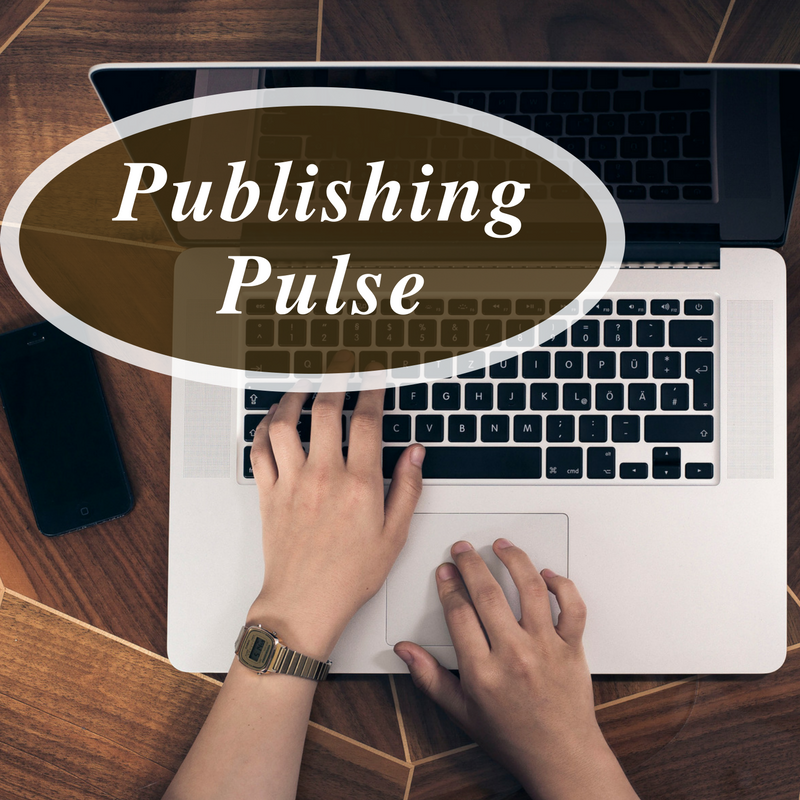There seem to be plenty of people out there who have never published anything, but are happy to give you advice on how the publishing industry works, based on something they saw in a movie. Far too many people have a stereotype in their mind of publishing a book, and worse yet, it’s a 20th-century stereotype. Here’s some of the questions I have been asked that are mostly the stuff of fiction:
- Could my book spark a bidding war? I would guess a bidding war among major publishers for a book occurs about once every ten years. Typically, the author is already famous, and the new title is already highly anticipated. When one considers that over 300,000 books are published per year, if a bidding war occurs even once every three or four years, then your book’s chance of starting a bidding war is literally one in a million.
- Will my publisher send me on a book tour? I saw a recently made film about an author being sent by her publisher on a book tour — flown from city to city around the country, and being booked in luxury hotels at each stop. And of course, the lines are out the door and around the block at the author’s book signing. Book signings almost never generate that many sales—certainly not enough to pay for airline tickets and hotel suites.
- Will my book become a best-seller, at least at my local bookstore? A really common scene in a movie about publishing has the author passing by the bookstore window and seeing the entire display dedicated to the author’s book — “Our #1 best-seller!” Great visual effect for a movie, but brick-and-mortar bookstores operating on Main Street, USA, are pretty scarce, and even if you know of one, I’ll bet you’ll find at least 20 different books displayed in the window. A title that is a bookstore’s “#1 best-seller” has probably sold less than 10 copies this month.
- If I publish my book, I’ll get rich, right? You wrote a book, and you’re not rich? Your book must not be any good, then. This is possibly the cruelest of the stereotypes, because I have run into many first-time authors who hope to use the sales of their first book to finance a non-profit organization, bolster their retirement, or support their disabled relative. But consider that your royalties may be less than a dollar a book, and the average traditionally published book sells less than 3,000 copies in its lifetime, and only 250-300 in its first year in print. So let’s say you go indie. You may make three or four dollars per book, but an indie-published book sells an average of 250-300 copies in its lifetime (which means you won’t even recoup your investment in editing, typesetting, cover design, etc.).
If you’re as old as the hills (like me!), you may recall the lyrics to Do You Know the Way to San Jose? (lyrics © Warner/Chappell Music, Inc. ), which includes a few lines about aspiring actors coming to Hollywood to launch their career:
In a week, maybe two, they’ll make you a star!
Weeks turn into years, how quick they pass;
And all those stars, that never were,
are parking cars and pumping gas.
Just as aspiring actors, as talented as they may be, have an infinitesimally small chance of becoming the next Johnny Depp or Jennifer Lawrence, you should not pin your hopes on becoming the next James Patterson or Margaret Atwood. But if you “don’t quit your day job,” and plug away at it, you have some chance of getting published and, perhaps, gaining a minor following of sorts.
If that last sentence was riddled with too many qualifiers and disclaimers, I am sorry. I simply want you to get the message that if you want to get rich with your writing, you have a better chance at laying down a few bucks on Smoky Foot in the fifth race. But if your goal is more reasonable, such as getting published, and you are committed to the hard work of making your book the best it can be, I can be a lot more optimistic.
BIO
Dave has degrees in journalism and theology, and over 30 years of experience in writing and editing. He has served in editorial management positions for Christian book publishers and was regional editor for the largest Protestant weekly newspaper in the country. Currently, is publisher and proprietor of Honeycomb House Publishing, LLC and literary agent for WordWise Media Services. He’s published seven books, and is a frequent speaker at writers’ conferences. Two of his books, Writing the Christian Nonfiction Book: Concept to Contract and A Christian Writer’s Guide to the Book Proposal, are based on his experience in Christian publishing. The Case of the Exploding Speakeasy, Dave’s first novel, reflects his love for history and for the Sherlock Holmes stories of Arthur Conan-Doyle. Dave and his wife, Jacque, live in south-central Pennsylvania and have two adult sons.





No Comments